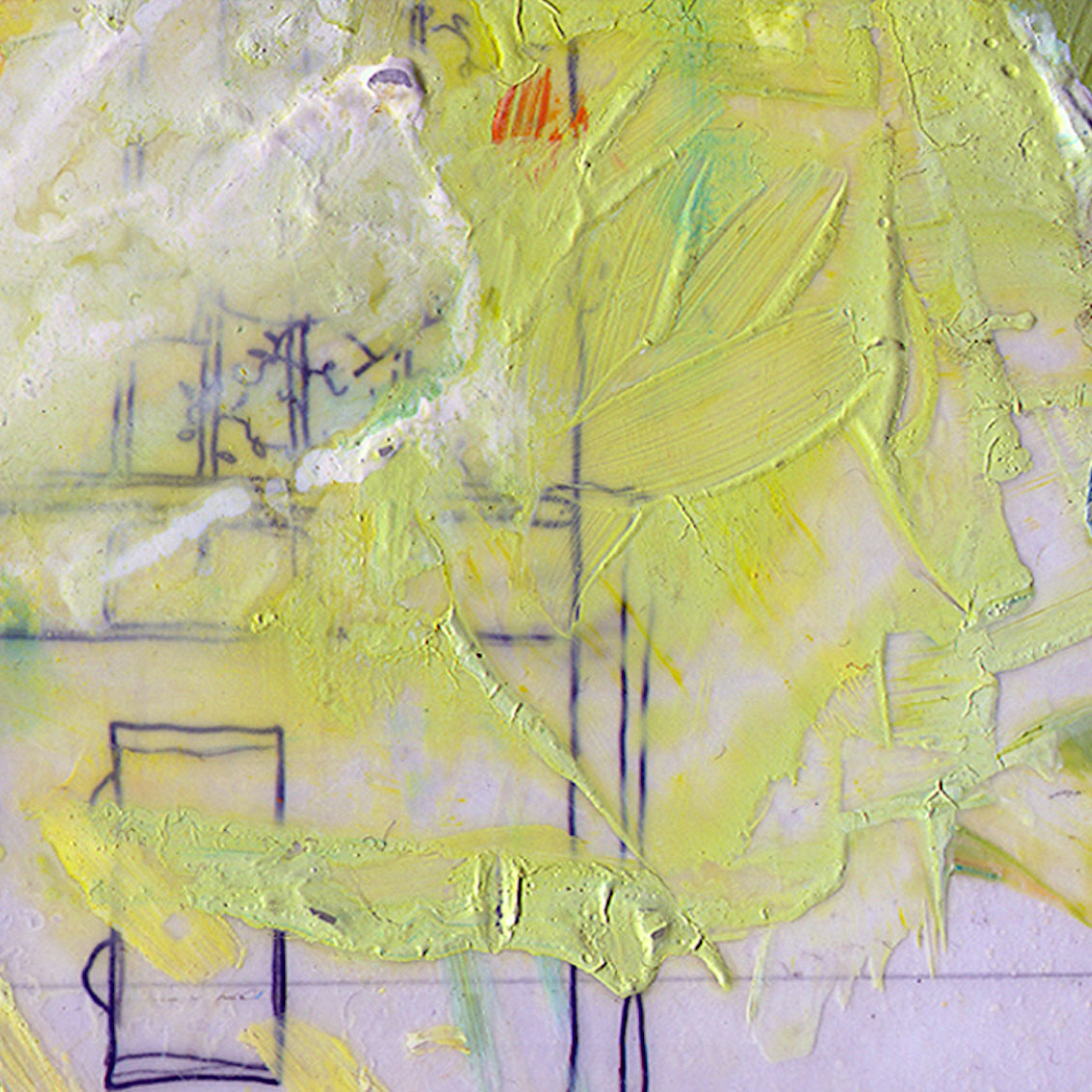The Spaces of Restorative and Transitional Justice: Architecture, Oral History, and Design
Years active: 2020-22
This project aims to understand the impact of the designed and built environment as the primary physical context of restorative and transitional justice. Restorative justice is an approach to seeking justice that aims to rehabilitate offenders/perpetrators through reconciliation with victims/survivors and the larger community. It proposes an alternative to traditional justice practices, as represented by police stations, courthouses, and jails. Similarly, transitional justice deploys the principles of communication and reconciliation to redress histories of human rights abuses across entire communities. In both restorative and transitional justice, bringing victims/survivors and offenders/perpetrators together is hoped to provide a meaningful and effective strategy. But what are the spaces in which such alternative forms of justice take place? Often they are the very same spaces used in traditional justice models. In practice, this means that difficult memories end up being shared in schools, church basements, and other institutional spaces that were not designed for such deeply personal disclosure. How then, can alternative justice be brought into dialogue with the world of design? Our project will interview participants in restorative and transitional justice, as well as architects who have worked on alternative justice scenarios in order to produce scholarly knowledge and design recommendations that will assist restorative and transitional justice efforts. COHDS core affiliate and former lead co-director, Dr Cynthia Hammond leads the project in collaboration with Dr Carmela Cucuzzella (Concordia Research Chair in Integrated Design, Ecology and Sustainability for the Built Environment), Dr Ipek Türeli (Canada Research Chair in Architectures of Spatial Justice at McGill), and Dr Luis Sotelo Castro (Canada Research Chair in Oral History Performance, co-director of COHDS, and director of the Acts of Listening Lab). This project is funded by the Social Sciences and Humanities Research Council of Canada’s Insight Development program, and Concordia University’s Team Startup Funding.


 Photo credit: Lisa Graves
Photo credit: Lisa Graves Photo credit: Lisa Graves
Photo credit: Lisa Graves